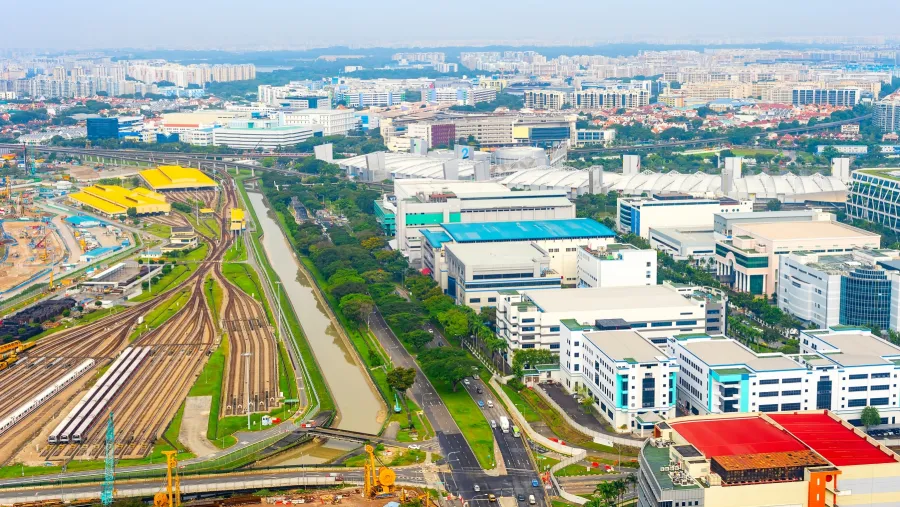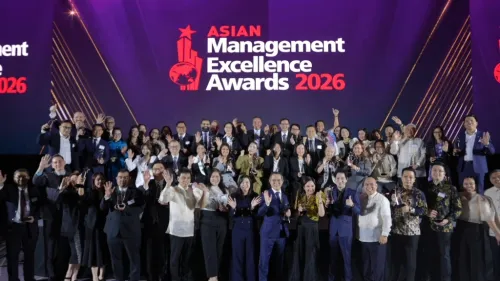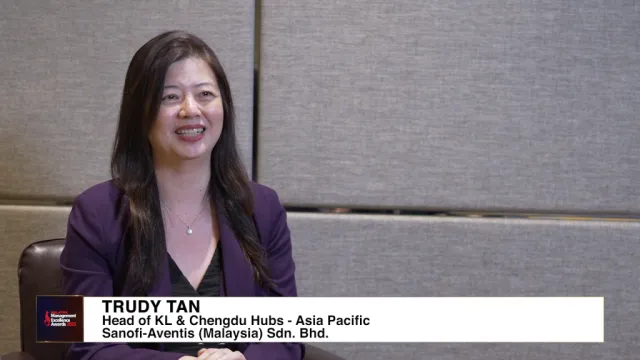
Singapore’s factory, retail spaces shine as housing heads for worst in 16 years
Its manufacturing and tourism rebound will spur demand for industrial and high-street shops.
Investors are buying industrial estates amidst a manufacturing revival in Singapore, analysts said, as new home sales in one of the world’s most expensive housing markets fall to the lowest this year since the global financial crisis of 2008.
Among industrial assets, logistics properties remain the most sought-after, Chua Yang Liang, head of Research and Consultancy for Southeast Asia at Jones Lang LaSalle, Inc., told Singapore Business Review.
There is also renewed interest in the city-state’s retail sector, thanks to a global tourism revival and with more Asians getting rich, he added.
“Retail and logistics assets will continue to be in focus, with alternatives such as multi-family, data centres, and infrastructure drawing more attention from investors as well,” Chua said.
Industrial property deals rose 6.1% in the second quarter to $320m from a quarter earlier, according to Colliers International Group, Inc. The property consultant expects the trend to continue, projecting a 10% increase in the full-year volume to $2.7b.
Singapore's notable real estate deals this year include two from the industrial segment, such as BDx's buyout of OneTen Paya Lebar for $140m in March and Ho Bee Land's sale of a 49% stake in Elementum for $134m in August.
In the second quarter, BHL factories were sold for $74m and Kian Ann Building for $63. There were also two separate sale and leaseback deals involving British American Tobacco and Singapore Asahi Chemical & Solder Industries for their factories, valued at $53.2m and $36m, respectively.
“More sales and leaseback deals are expected as companies look to free up capital, while investors look for higher-yielding assets,” Colliers said.
Apart from high yields, the industrial sector is particularly attracting investor interest as more businesses reconfigure their supply chains amid the US-China trade war.
In contrast, Singapore’s new home sales in August plunged 47.2% year on year to 208 units, according to the Urban Redevelopment Authority, amidst government cooling measures and expectations that interest rates will soon go down.
This brought the eight-month figure to fewer than 2,700 units — a 48.6% year-on-year decline — forcing CBRE Group, Inc. and JLL to cut their full-year forecasts.
Knight Frank LLP said Singapore posted the highest six-month yearly rental growth in logistics property rent in the Asia-Pacific region at 10.8%. “International manufacturers continue to see the island as a potential manufacturing location to expand operations,” it said in a report.
Manufacturing halted two quarters of contraction in the quarter ended June, rising 0.5% from a year earlier thanks to a global tech rebound.
Among industrial estates, data centres and life sciences are also popular amongst investors, Jeremy Lake, managing director of investment for Sales and Capital Markets at Savills Singapore, told Singapore Business Review.
Retail interest
Like the industrial segment, retail also remains a bright spot, said Wong Xian Yang, head of Research for Singapore and Southeast Asia at Cushman & Wakefield, Inc., noting that retail assets could “provide positive cash on cash returns.”
Retail property deals hit $1.4b in the first half, surpassing 2023’s full-year total of $1.3b, according to the US-based commercial property consultant.
Wong said suburban prime retail assets have performed well, with rents increasing by 1% year on year in the first half. Rents in this segment are projected to grow as much as 4% this year, outpacing the 1.7% growth in 2023.
“Suburban retail malls are underpinned by strong fundamentals, with low vacancy rates and rising rents,” Wong said. “Some malls have seen double-digit rental reversions for some units as leases signed during the pandemic come up for renewal.”
Major deals in suburban retail malls include the sale of The Seletar Mall for $550m in March.
Apart from suburban retail malls, shophouses, which serve as a dwelling and retail space in one structure, have also been seeing a pickup in investment, Lake said.
Chua said the retail property sector is underpinned by the continued growth in regional tourism and rising affluence in Asia. “Over 90 million people are expected to join the middle-income bracket, which could drive increased demand for tourism and consumption in the region,” he added.
The Asia-Pacific region had recovered 86% of pre-pandemic tourist numbers by July, whilst Singapore's tourist arrivals rose 17.3% year on year to 1.54m in August, according to the United Nations World Tourism Barometer report.
Meanwhile, Henley & Partners ranked Singapore sixth globally for centi-millionaires, forecasting their number to more than double in the next 15 years.
Wong said interest in the retail sector is partly due to a pullback in office investments amidst a global office slump, with large office occupants continuing to face capital constraints.
“Many have chosen to delay decision-making and renew over the short term,” he said. “Given still-low vacancy rates in the office market, the balance of power remains with the landlords. Central business district (CBD) Grade A office rents have continued to edge higher.”
Tight office asset yields and high interest rates have also turned off investors, Chua said. Investment income from core CBD premium and Grade A offices hit 3.59% in the second quarter, according to Colliers.
Still, he remains positive about the office segment, saying it could recover once interest rates go down.
Wong expects property deals for Singapore’s overall market to grow in 2025, led by the commercial market. He said the market’s good operating performance and constrained supply would continue to attract institutional investors.
“Additionally, there could be more institutional-grade assets on the market as asset owners deleverage and recycle their capital by divesting their non-core assets,” he said.
“A fall in interest rates would lead to a more conducive investment environment and with more stock coming into the market, this should support investment volumes.”
Alan Cheong, executive director of Research & Consultancy at Savills Singapore, projects property deals to hit $27b to $29b in 2025, above Savills’ forecast of $22b to $23b for 2024.
“With the US Federal Reserve’s easing cycle, interest in the Singapore property market would likely grow as investors gain a “clearer picture of where the cost of capital is moving,” Chua said.

















 Advertise
Advertise








